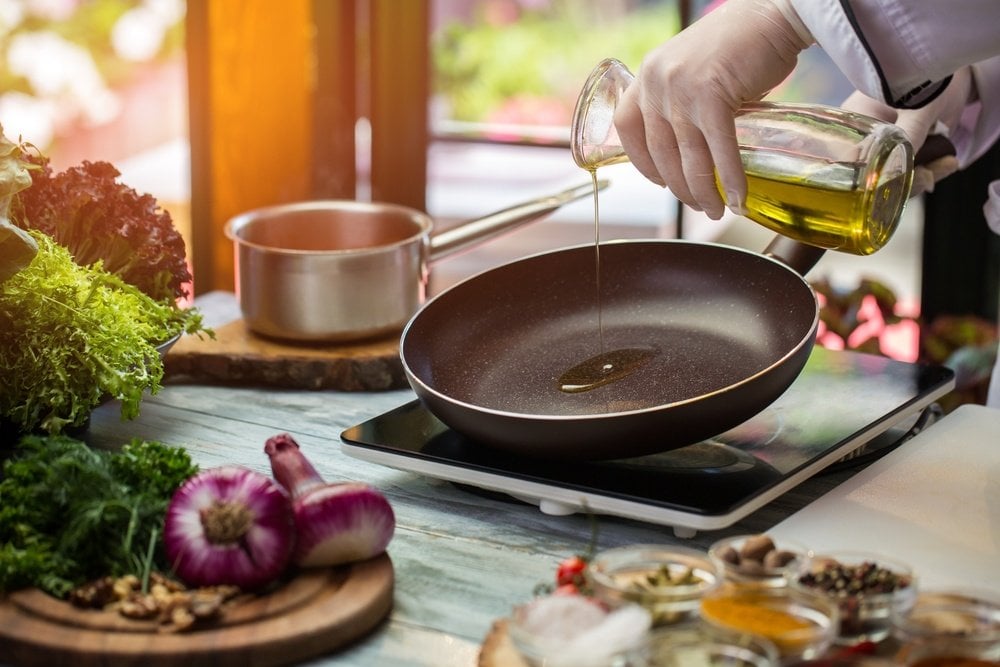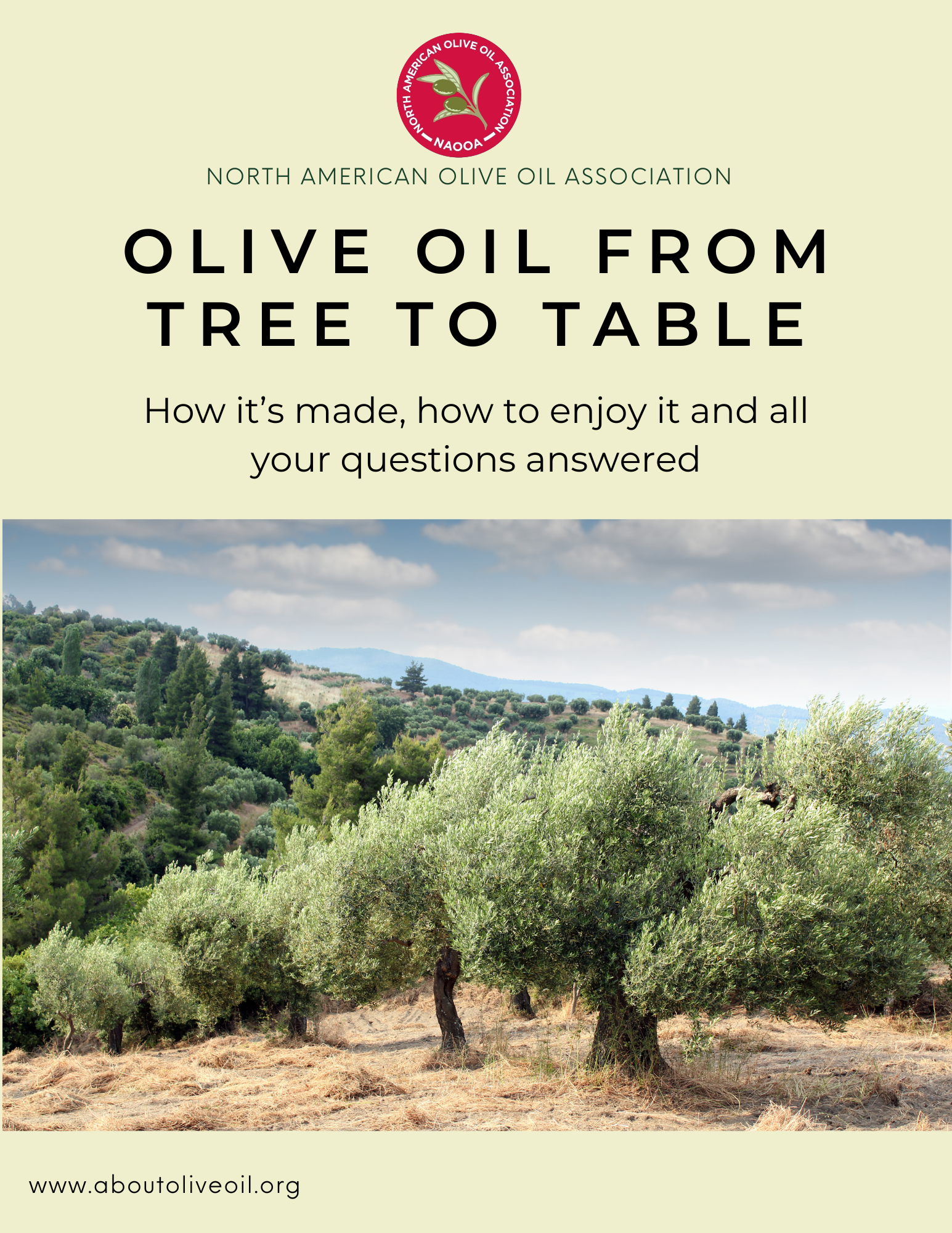The health benefits of extra-virgin olive oil (EVOO) are well-documented. This flavorful oil, a staple of the Mediterranean diet, is a favorite among chefs and home cooks alike. However, there is a common misconception that cooking with olive oil destroys all its antioxidants and polyphenols. A recent study by the University of Barcelona, published in the journal Antioxidants, confirms that extra virgin olive oil retains significant amounts of these healthy compounds during cooking.
Key Findings from the Study
Researchers aimed to determine how normal cooking, at temperatures from 120°C to 170°C (258°F to 338°F), affects the phenolic and antioxidant content of raw oil. Antioxidants like vitamins C and E are crucial in preventing cell damage from free radicals. EVOO contains 500% more antioxidants than other common oils such as avocado and coconut oil.
Using hojiblanca olive oil with moderate polyphenol levels, researchers simulated home cooking conditions. They found that while polyphenol content decreased by 40% at 258°F and 75% at 338°F compared to raw EVOO, the levels of antioxidants and polyphenols remained relatively high.
Lead researcher Julián Lozano noted that despite the decrease in polyphenol concentration during cooking, the heated oil still had sufficient polyphenol levels to qualify for the health claim authorized by the EFSA (European Food Safety Authority), which includes benefits like LDL cholesterol reduction and anti-inflammatory effects.
Additional Insights
It's important to note that the study heated the oil to normal cooking temperatures but did not use it to cook food. Thus, it did not consider that some polyphenols and antioxidants might transfer to the food during cooking. Another study found that food prepared in olive oil gains additional antioxidants during the cooking process. (2)
Supporting Research
Recent research has shown that:
- The levels of antioxidants in olive oil make it very stable, even at high temperatures, making it one of the safest oils to use for cooking. (3)
- Antioxidants in olive oil are “reasonably heat-resistant,” with significant amounts remaining intact even after heating up to 220°C. (4)
- Olive oil can be heated to frying temperatures multiple times without creating trans fats. (5)
Conclusion
Together, these studies dispel the myth that cooking destroys the unique health benefits of extra virgin olive oil. Cooking with EVOO not only preserves its healthful properties but can also enhance the nutritional value of your food.
Sources:
- Domestic Sautéing with EVOO: Change in the Phenolic Profile
- Phenols and the antioxidant capacity of Mediterranean vegetables prepared with extra virgin olive oil using different domestic cooking techniques.
- Evaluation of Chemical and Physical Changes in Different Commercial Oils during Heating
- Changes In Chemical Compositions of Olive Oil Under Different Heating Temperatures Similar to Home Cooking
- Effect of phenolic extracts on trans fatty acid formation during frying





